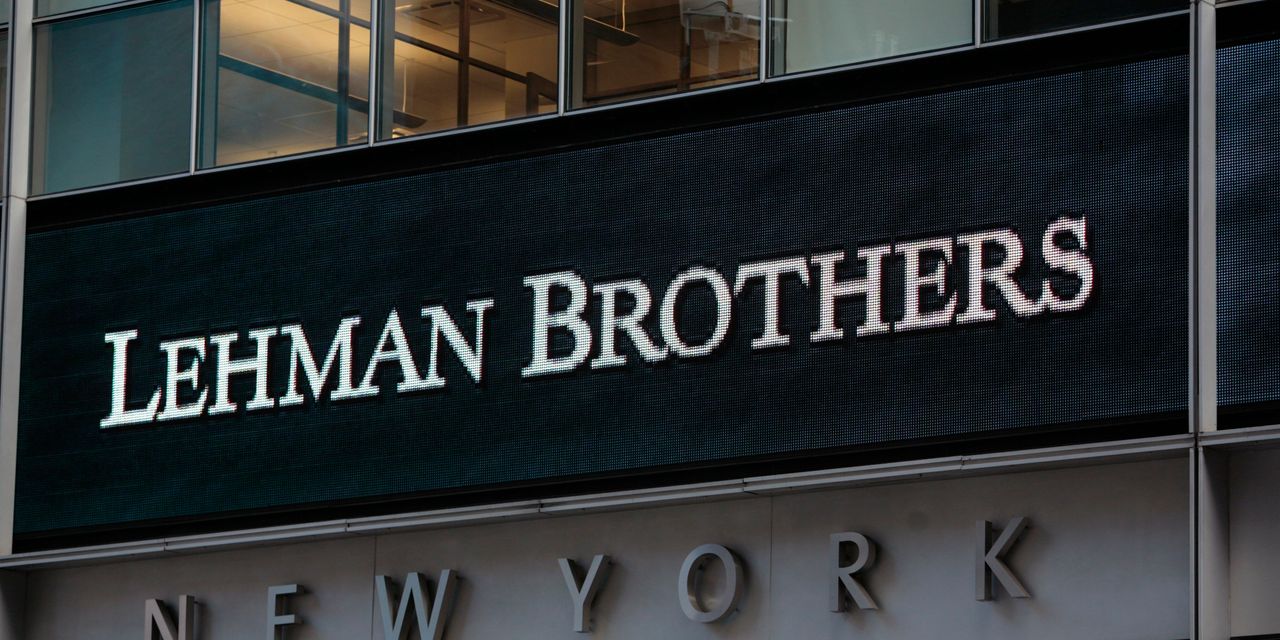A top JPMorgan Chase & Co. markets strategist is urging clients to shun both bonds and stocks in favor of cash after spotting shades of 2008 in the contemporary U.S. economy.
In his latest note to clients, JPM’s Marko Kolanovic, who earned the nickname “Gandalf” after a series of prescient market calls back in 2015, warned that the U.S. economy looks about to slide into a punishing recession as interest rates and bond yields climb. Neither stocks nor bonds are safe, he said, and urged clients to keep their cash and enjoy relatively risk-free 5%+ returns.
Kolanovic said he sees shades of 2008 in rising bankruptcies and consumer-loan defaults, which have coincided with the erosion of the COVID-19 cash cushion that helped insulate many from the effects of rising borrowing costs.
But the monetary policy “lag” that has so far helped the U.S. economy avoid a recession is wearing off. Now, Kolanovic is focusing on rising borrowing costs, which have increased by an even greater magnitude since the Federal Reserve started raising interest rates last year than they did just before the financial crisis.
Rising rates aren’t the only problem facing stocks and bonds. As Kolanovic sees it, an expected slowdown in fiscal spending could add to the U.S. economy’s woes, while tensions involving China, Russia and other nations create new geopolitical risks that could potentially trigger bursts of volatility.
In his view, the headwinds facing stocks have only intensified since earlier this year, when Kolanovic stood by his bearish stance even as the S&P 500 and Nasdaq Composite powered higher while the strength of both markets and the U.S. economy took many on Wall Street by surprise.
While it isn’t exactly analogous, the economic backdrop in the U.S. “rhymes” with the years preceding the financial crisis, Kolanovic said, as rising rates threaten to punish overextended consumers and businesses.
“So the current change in interest rates is about five times larger than the 2002-2008 increase. Of course, consumer balance sheets and leverage in real estate markets and the financial industry were higher going into 2008, but investors should carefully monitor the propagation of the interest-rates shock across markets and different segments of the economy,” Kolanovic said.
He also expressed skepticism about the long-term impact of the artificial-intelligence craze that has helped boost the S&P 500 and Nasdaq Composite this year, even though most S&P 500 components remain flat or slightly lower since Jan. 1.
“Can AI change the economy and offset the negative impact of inflation and interest rates? We think no. AI could boost the stock market in a speculative fashion like it did earlier this summer. Some of the wealth effect from high stock-market valuations could also pass into the economy via broad consumer sentiment, which might have introduced additional lags, but that could equally quickly disappear,” Kolanovic said.
U.S. stocks finished mixed on Wednesday, with the S&P 500
SPX
eking out a gain after closing at 4,274.51, while the Dow Jones Industrial Average
DJIA
slid 68.61 points, or 0.2%, to 33,550.27. The Nasdaq Composite
COMP
rose 29.24 points, or 0.2%, to 13,092.85.
The 15th anniversary of the collapse of Lehman Brothers, which ushered in the most chaotic period of the financial crisis, passed earlier in September. Some on Wall Street have since warned that rising bond yields are shining an uncomfortable light on the banking system following the collapse of Silicon Valley Bank and several other U.S. lenders back in March.
Read the full article here













Leave a Reply